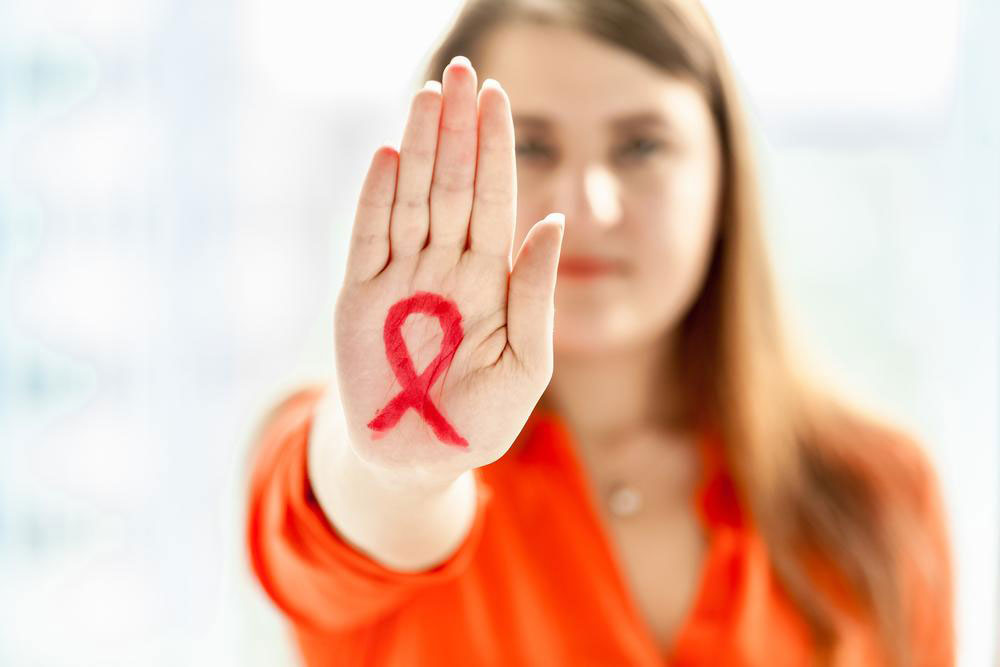Find the Key Ways to Prevent HIV Infection
Knowledge is the key when resisting HIV or its transmission. Today we are more aware and better informed about this deadly menace. A factsheet about HIV:
- HIV transmission is the spread of human immunodeficiency virus, an untreatable virus transmitted from an infected person to a healthy person.
- HIV can spread only through definite body fluids like blood, vaginal fluids, pre-seminal fluids, semen, and rectal fluids of an infected person.
- It is not possible to contract HIV with a casual touch like a hug or a kiss with an infected person. Moreover, it cannot be transmitted by sharing objects like doorknobs, dishes or even toilet seats.

More the partners more the risk. Ensure that you and your partner get screened for STDs. The risk of contracting HIV increases considerably with STDs. In the US, HIV is passed on mainly by using or sharing infected needles of a person having HIV. Be informed. If a person is at high risk of contracting HIV, one can contact their medical practitioner for guidance regarding taking a pre-exposure prophylaxis (PrEP) and post-exposure prophylaxis (PEP). This means popping a medicine every day specifically to reduce the risk of contracting HIV. These newer methods are effective in resisting HIV. Moms-to-be are guided throughout their pregnancy and childbirth about taking medicines for resisting HIV and not passing it on to the child. The newborn is also given medicine for about 4 to 6 weeks to reduce the infection. Unfortunately, if you are already afflicted with HIV, you can take regular Antiretroviral Therapy (ART) in consultation with your healthcare provider which can help in resisting transmission and living a fuller life.
Disclaimer:
The content of the articles discussing symptoms, treatments, health conditions, and side effects is solely intended for informational purposes. It is imperative that readers do not interpret the information provided on the website as professional advice. Readers are requested to use their discretion and refrain from treating the suggestions or opinions provided by the writers and editors as medical advice. It is important to seek the help of licensed and expert healthcare professionals when necessary.

